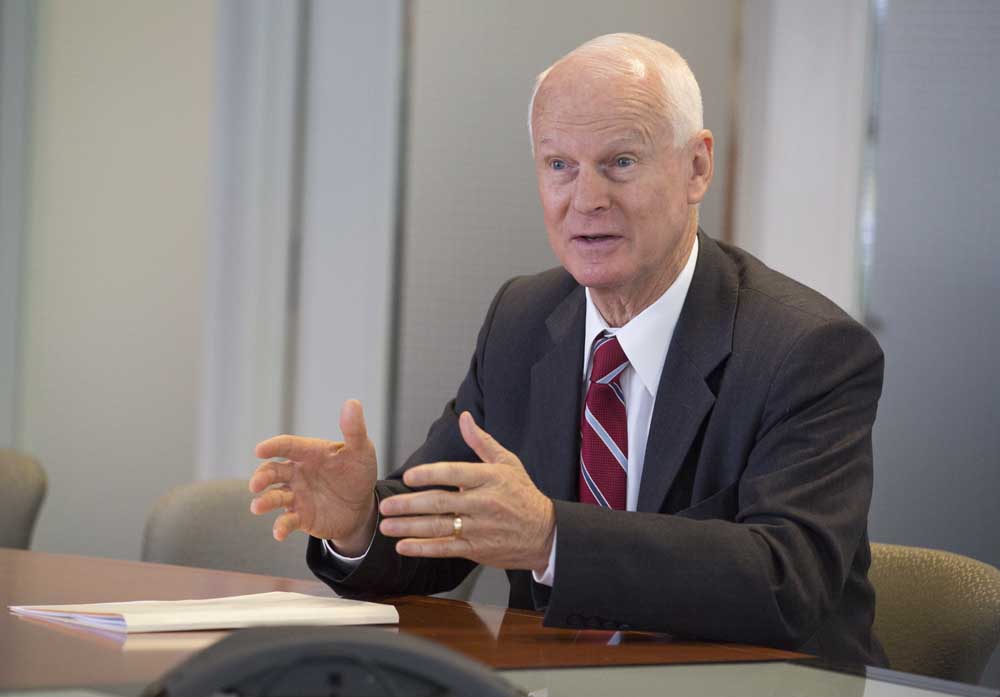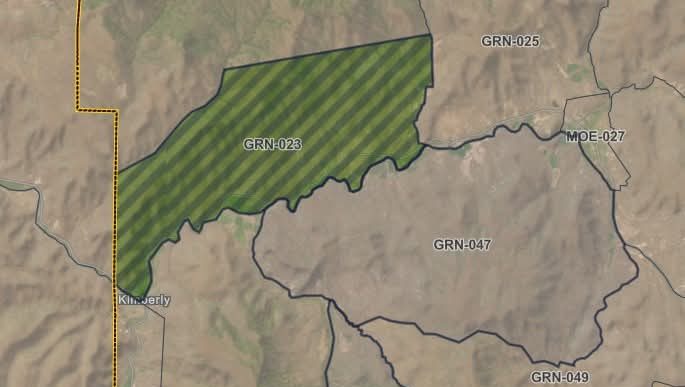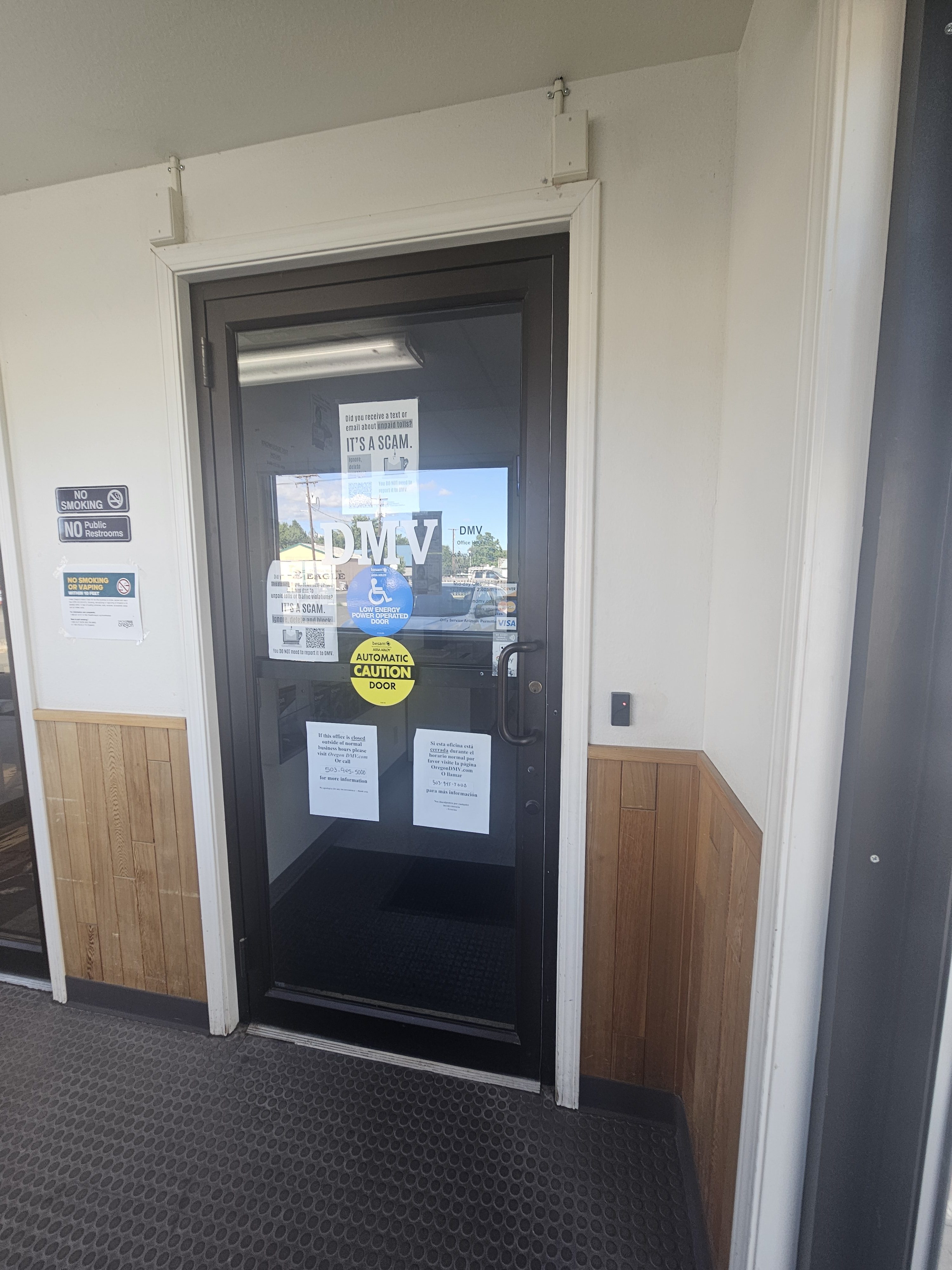Richardson seeks to ease initiative restrictions
Published 1:08 pm Friday, August 25, 2017

- Secretary of State candidate Dennis Richardson. Two sources say Richrdson told state officials in June that he has glioblastoma, an aggressive and fatal form of cancer.
SALEM — Oregon Secretary of State Dennis Richardson is pursuing a proposal to ease restrictions on how signatures are gathered to qualify measures for the Oregon ballot.
Trending
The change would allow petitioners to gather signatures while the official ballot title is still being composed or remains in dispute.
Allowing signature gathering during the ballot title determination means opponents of an initiative can no longer delay a campaign by filing legal challenges to the wording.
“The idea of using the courts as a way to stall the process of collecting signatures is something that is being used by both sides against the other,” Richardson said. “It is … my job to make sure both sides have a fair shake without having opponents game the system by using the courts to delay the process going forward.”
Trending
The Oregon Attorney General’s Office writes short descriptions for ballot measures intended to be informative and unbiased. Both petitioners and opponents can appeal the description to the Oregon Supreme Court. Some groups have used that legal avenue to sabotage petitioners’ ability to gather enough signatures before the deadline to land the initiative on the ballot.
Another proposed change would permit members of the same household to fill out information for a family member such as an address provided that the voter signed the petition.
Such changes would reverse restrictions that the Oregon Legislature and Richardson’s Democratic predecessors in the Secretary of State’s Office put in place in the past several years to combat signature fraud by paid petitioners.
Richardson is the first Republican to win election as secretary of state in Oregon in three decades.
Tightened rules also have hindered the number measures appearing on the ballot.
Opponents of the proposed changes say seeking signatures without a ballot title allows petitioners to misrepresent an initiative and could erode voters’ trust in the initiative process.
Voters should feel confident that the petition they sign matches the description that eventually appears on the ballot, said Ben Unger, executive director of Our Oregon.
Unger’s union-backed organization has led several high-profile initiative petition drives.
The changes could lead to a return to what Unger calls Oregon’s “Wild West days” of the initiative process when paid petitioners were forging signatures.
“It would be a shame to go back to the old days,”
Dan Meek and Eric Winters, two lawyers from vastly different political viewpoints who have been involved in the initiative petition process, both suggested the changes, Richardson said.
“Both came forward and said this is a problem and prevents people from having access to the initiative process,” Richardson said. “I asked people to let us know if there are impediments to a fair and open election system.”
Richardson took public comments on the proposal Friday, Aug. 25, and has until mid-September to make a final decision on the proposals.









